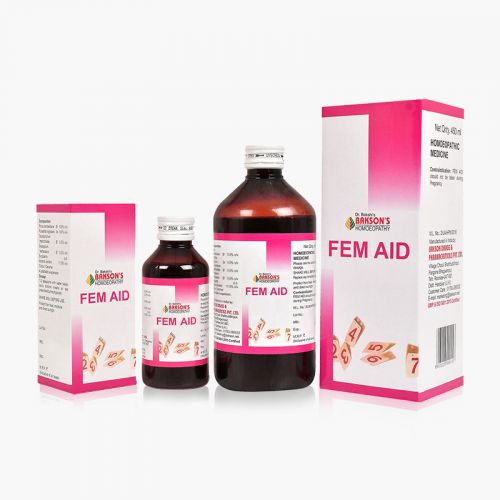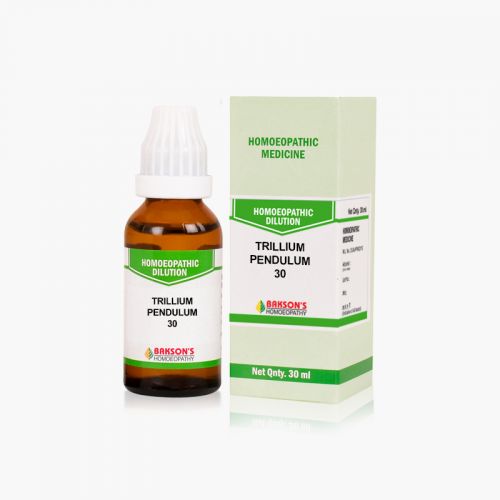We use cookies to make your experience better. To comply with the new e-Privacy directive, we need to ask for your consent to set the cookies. Learn more.
What are Fibroids?
Uterine fibroids or leiomyomata are the most common benign tumors affecting women originating from uterine smooth muscle cells (myometrium) the growth of which is dependent on the levels of circulating oestrogen.
Fibroids can present as an asymptomatic incidental finding on imaging, or symptomatically. Common symptoms include abnormal uterine bleeding, pelvic pain, disruption of surrounding pelvic structures(bowel and bladder), and back pain.
Uterine fibroids are seen in three significant locations: subserosal (outside the uterus), intramural (inside the myometrium), and submucosal (Inside the uterine cavity).
Causes
The exact pathophysiology behind uterine fibroids is unclear. It is suggested that fibroid development begins with a single uterine smooth muscle cell(myometrium), which is followed by deviations from the normal signaling pathways of cellular division.
The major risk factors are those that increase the exposure to higher levels of endogenous estrogen and include early menarche, nulliparity, obesity, and late entry into menopause, and a positive family history of uterine fibroids. There is a decreased risk for uterine fibroids with increased parity, late menarche, smoking, and use of oral contraceptives.
Signs and Symptoms
Fibroids are commonly manifested by metrorrhagia, menorrhagia, or a combination of the two. Less common symptoms include dyspareunia, pelvic pain, bowel problems, urinary symptoms, or signs and symptoms related to anemia. Patients may be completely asymptomatic with an incidental finding of fibroids on imaging.
Diagnosis
A speculum exam with a bimanual exam is performed to rule out any vaginal or cervical pathology, as well as assess the size, and shape of the female reproductive organs. Lab investigations usually advised for fibroids include a beta-human chorionic gonadotropin test to rule out pregnancy, CBC, TSH, and a prolactin level. Endometrial biopsy is also advised for women over 35.
Transvaginal ultrasound is the gold standard for imaging uterine fibroids. Hysteroscopy and Magnetic Resonance Imaging MRI are usually not required in the majority of the cases.
Management
Surveillance is the preferred method of treatment for asymptomatic cases. Symptomatic cases require proper treatment with medications. Prevention of fibroids is done by the identification and management of the modifiable risk factors which include exercise, obesity, and diet.
Warning: Above information provided is an overview of the disease, we strongly recommend a doctor's consultation to prevent further advancement of disease and/or development of complications.
Disclaimer: The information provided herein on request, is not to be taken as a replacement for medical advice or diagnosis or treatment of any medical condition. DO NOT SELF MEDICATE. PLEASE CONSULT YOUR PHYSICIAN FOR PROPER DIAGNOSIS AND PRESCRIPTION.
- BAKSON MENSO AID (SUGAR FREE)As low as ₹ 96.00
-
-
- FEM AID SUGAR FREEAs low as ₹ 96.00
- FRAXINUS AMERICANA 6X₹ 100.00
- THLASPI BURSA PASTORIS 30₹ 100.00
- TRILLIUM PENDULUM 30₹ 100.00
- USTILAGO MAYDIS 30₹ 100.00













